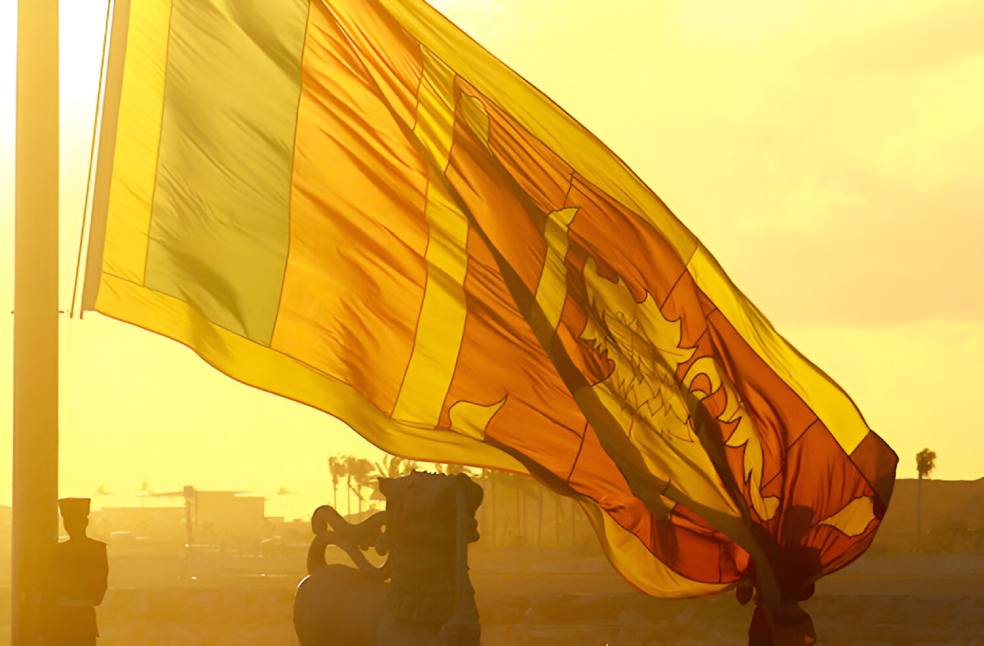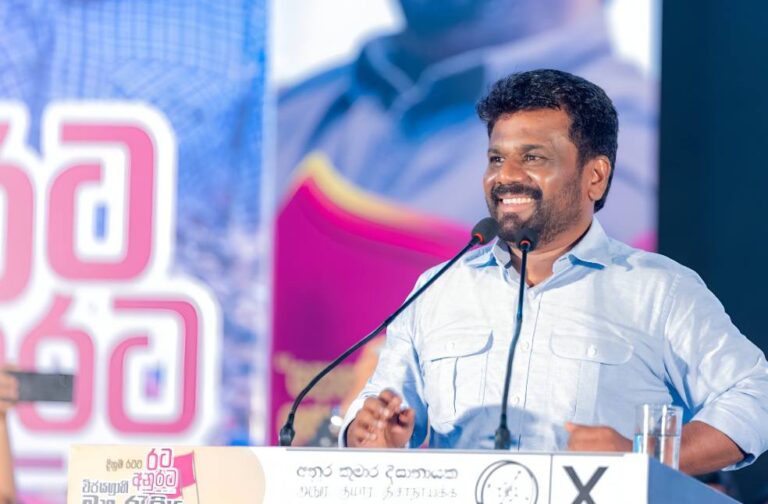Sri Lanka: Anura Kumara Dissanayake, the leftist leader of the National People’s Power (NPP), has moved forward in Sri Lanka’s presidential election, following a significant vote. This debut presidential race is surrounded by the country’s worst economic crisis in decades.
The promise of good governance and the anti-corruption platform raised by the Dissanayake attracted the voters, who wished for strict moderation. The election occurred since mass protests ousted the former president, Gotabaya Rajapaksa, in 2022 in which a candidate must secure at least 51% to claim victory outright. The early results show Dissanayake leading with close to 50% of the vote.
Opposition leader Sajith Premadasa, of the Samagi Jana Balawegaya (SJB), holds second place with 26%, while incumbent President Ranil Wickremesinghe falls with 16%. Namal Rajapaksa, nephew of the former president, has only 3% of the vote.

The participation of voters was strong, with 17 million Sri Lankans eligible to vote. The officials declared a curfew this morning, extending it until noon local time (06:30 GMT), although the election took place peacefully.
Dissanayake has received good wishes from eminent personalities from Sri Lankan politics, despite waiting for the final result. Foreign Minister Ali Sabry, a prominent Wickremesinghe supporter, acknowledged Dissanayake’s likely victory in a statement on X (formerly Twitter). Sabry wroted that, “Though I put effort into campaigning for President Ranil Wickremesinghe, the people of Sri Lanka have made their decision, and I fully respect their acceptance of Anura Kumara Dissanayake.”
MP Harsha de Silva, a close Premadasa ally, echoed similar sentiments, stating, that “We campaigned hard for Sajith Premadasa but it was not to be. The faith is clear Anura Kumara will be the new President of SriLanka.”
Tamil National Alliance (TNA) spokesperson MA Sumanthiran, another Premadasa backer, also acknowledged Dissanayake’s performance, noting that his campaign was remarked as an “impressive win” without playing into “racial or religious chauvinism.”
The results are expected to be summarised soon, with Dissanayake in the right position to secure the presidency. His promises of reform and clean governance have struck the population eager to turn the page on a turbulent chapter in Sri Lanka’s political and economic history.



